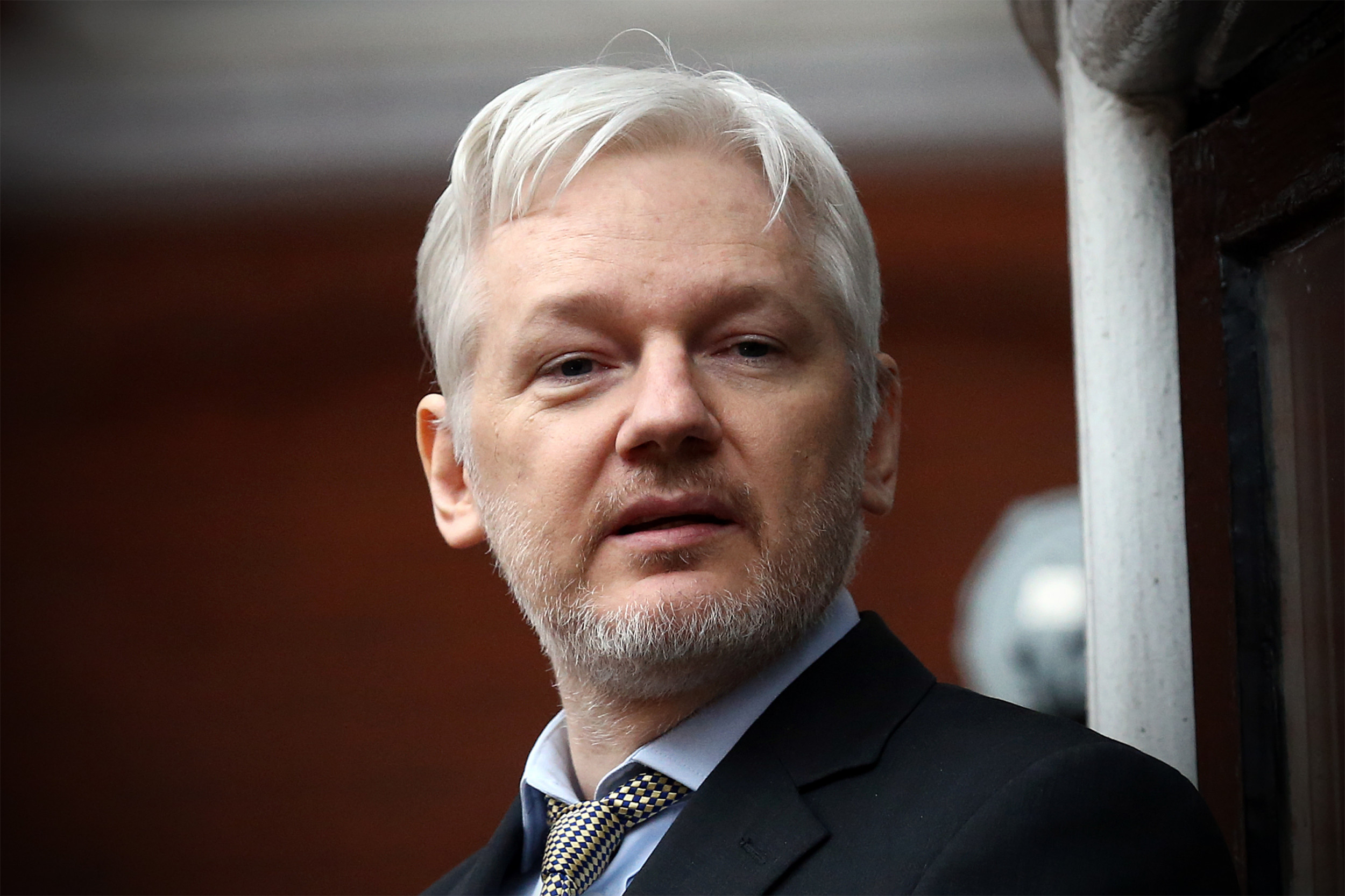WikiLeaks founder Julian Assange has made his first public remarks after being released from prison, declaring that his years of detention were a result of his commitment to journalism. Speaking to the legal affairs and human rights committee of the Parliamentary Assembly of the Council of Europe in Strasbourg, Assange stated that his release came not because of a fair system, but because he “pled guilty to journalism.”
Assange had been incarcerated for five years in a British prison following a drawn-out legal battle over his publication of classified U.S. military documents. His ordeal began earlier with seven years spent in self-imposed exile at the Ecuadorian Embassy in London, where he sought political asylum to avoid extradition. Assange reached a deal with U.S. Justice Department prosecutors in June, finally bringing the legal saga to a close.
“I am not free today because the system worked,” Assange emphasized. “I am free today after years of incarceration because I pled guilty to journalism. I pled guilty to seeking information from a source, obtaining that information, and informing the public.”
WikiLeaks' Julian Assange says he pleaded 'guilty to journalism' in order to be freed https://t.co/EqyAZLpmYr
— The Washington Times (@WashTimes) October 1, 2024
These comments were part of Assange’s testimony regarding the profound effects of his imprisonment. Addressing European lawmakers from 46 countries, Assange described the psychological toll that years of isolation had on him. The transition from the solitary confinement of a maximum-security prison to addressing European parliamentarians, he said, was both “profound and surreal.”
His voice faltered as he spoke about the emotional and mental strain of his long confinement. “It strips away one’s sense of self, leaving only the raw essence of existence,” Assange shared, apologizing for his “faltering words” and “unpolished presentation.” He admitted that he was still processing the experience and not fully ready to discuss the full extent of what he endured.
Assange’s remarks come as he continues to draw attention to the broader issue of press freedom and government transparency. His case has sparked worldwide debate over the limits of journalism, whistleblowing, and state secrecy. While he may now be free, his statements suggest that the battle over the principles he stood for is far from over.

